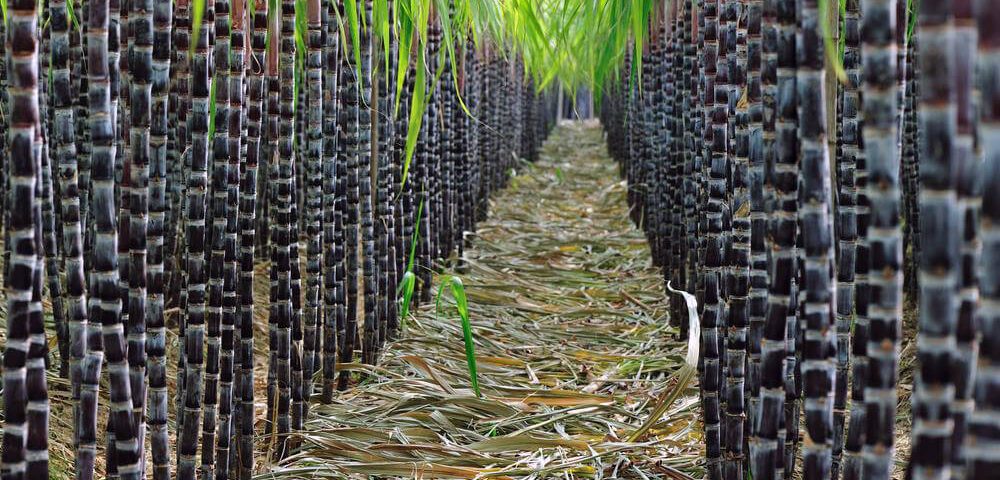Africa Update: Ethiopia Sugar Production Q3 2017

News Update: Lagos disburses N4.5b to 5,527 SMEs
August 29, 2017
News Update: Nigeria Hotel Construction Q3 2017
August 31, 2017Foreign interest in Ethiopia’s sugar industry is increasing, as are plans for new state-owned refineries, but the sector continues to grapple with operational challenges.
In March Algeria’s largest privately-held firm, Cevital, announced the signature of an MOU with the Ethiopian government to develop the country’s first private sugar refinery, part of a new $350 million agroindustrial complex, that would also include a vegetable oil refinery and an oilseeds processing facility. The site would have the capacity to produce 1 million MT of sugar annually once completed, although no timeframe for the project has yet been given.
The North African conglomerate may soon be joined by Nigeria’s Dangote Group, which in February announced plans to develop its own sugar facility in Ethiopia, although no project details have been released.
The rise in foreign interest is notable, given that sugar has traditionally been a challenging sector for private producers in Ethiopia. In 2009 local domestic players Eshet Sugar and Hiber Sugar separately announced plans to become the first privately-held sugar producers in the country, but the former remains commercially dormant while the latter has yet to begin production.
As a result, Ethiopia’s sugar production is dominated by the public sector, with the state-owned Ethiopian Sugar Corporation (ESC) managing a variety of projects. The country currently officially has eight sugar factories, only five of these – Kessem, Finchaa, Omo-Kuraz I, Omo-Kuraz II, Wonji Shoa – are currently operating. Arjo Dediessa and Tendaho sugar factories have both been idle since April, due to a shortage of sugarcane, while local media reports that Metehara Sugar Factory has suffered flooding to its production site. Asoko researchers note that these complications are likely to continue, given the ongoing drought in sugarcane-producing regions such as Afar and Oromiya.
Still, as with the both Cevital and Dangote, the broader upstream challenges have not slowed ESC’s capital investment plans, with an additional five projects in the pipeline – all of which are due for completion before the end of 2020.
Perhaps equally importantly, two of the projects may help further expand private sector participation in the sector. The Tana Beles I and II projects, with a combined value of $1.4 billion and cumulative annual capacity of 0.5 million tonnes, are set to cede 75% of their equity to Turkey’s Bedisa Group. However, according to Asoko research, profit sharing and operational disagreements have led to delays in finalising the transaction.
Should ESC’s proposed projects reach completion, Ethiopia’s production of sugar will increase to 700,000 MT from 319,000MT currently. The expansion falls under the government’s agenda to make Ethiopia one of the ten largest global sugar producers by 2023 – although given that the US, with an annual output of around 27,900,000MT, currently holds tenth place, Ethiopia still has a ways to go.

